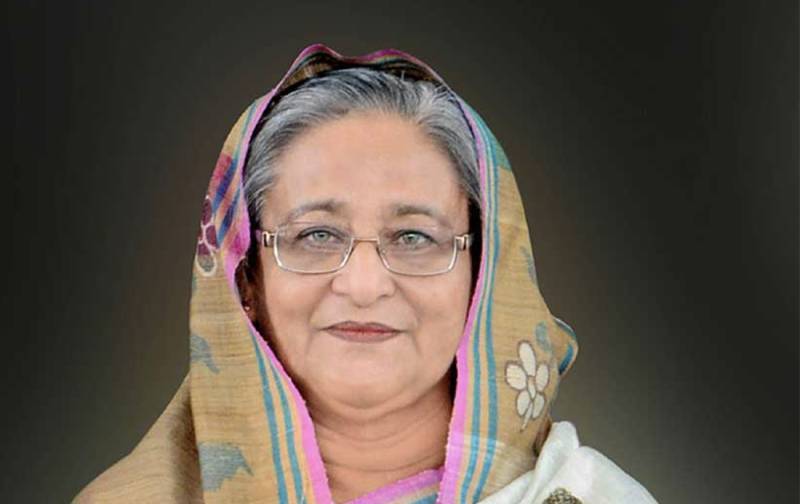
Bangladeshi Prime Minister Sheikh Hasina Wajid on Monday resigned from her position and fled the country after weeks of violent protests.
The Bangladeshi military is expected to take measures to quell the unrest, and the army chief will likely address the nation later on Monday on an interim setup.
News of Hasina's escape spread on Monday as swarms of protesters demanding her resignation roamed the streets of Bangladesh's capital, Dhaka.
As it became apparent that the Wajid, the daughter of Bangladesh's founder Sheikh Mujibur Rehman, had fled, the mobs celebrated by waving flags and dancing in the streets. Some even chose to dance upon the tanks, which had been called in to help restore order.
The army, which is believed to be playing a key role in the background - including arranging Wajid's safe departure from the country - has maintained that it has "always stood by the people". But, it has tended to step in when the political wrangling grew too much. In 2007, the military took over for two years as Wajid and Khaleda Zia battled it out.
When democracy was restored, Wajid was re-elected and has remained in power in one way or another for the past 15 years.
However, Wajid's Son, Sajeeb Wazed Joy - expected by many to take over the leadership of her Awami League party - has urged the military not to take over power during this transition.
Even though Wajid has faced protests during this period, recent civil service quotas sparked widespread outrage and protests, which descended into some of the worst violence the country has seen since it was founded 50 years ago.
The military imposed a curfew, set up barricades, and patrolled tanks and other armoured vehicles, but protesters defied them and came out in force.
The government continues to restrict internet access tightly. On Monday, offices were closed, and over 3,500 factories servicing Bangladesh's economically vital garment industry were shut.
Violence during the month-long protest has seen some 300 people killed.
Hasina has ruled Bangladesh since 2009 and won her fourth consecutive election in January. However, she crushed her opposition, even throwing Nobel prize winner and Grameen Microfinance Bank founder Muhammad Yunus into jail by lodging some 200 cases with trumped-up charges against him in a desperate move.

